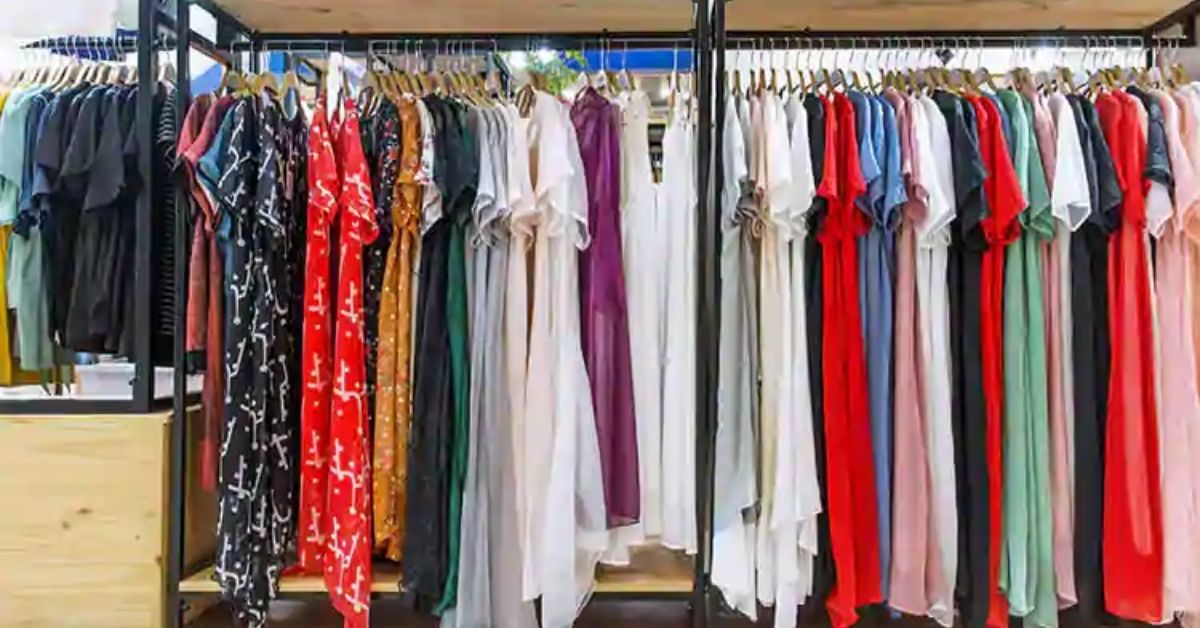India has issued a new trade directive sharply limiting the entry of Bangladeshi ready-made garments (RMG), a critical export for Bangladesh, to only two Indian seaports: Kolkata and Nhava Sheva in Mumbai. The move closes all land ports previously used for these imports, which are worth over $700 million annually, signalling a significant shift in trade policy.
The shift comes, most likely in response to Bangladeshi actions, as the Yunus government had imposed port restrictions on the export of Indian yarn via land ports, allowing Indian yarn exports only via seaports (from 13th April). Indian exports have been subjected to rigorous inspections on entry, and Indian rice exports are not allowed through Hili and Benapole Integrated Check Posts (ICPs) since 15th April.
The Indian decision will bolster the country’s domestic garment industry but could stifle Bangladesh’s RMG sector, a cornerstone of its economy that accounts for a major part of its total exports. Bangladeshi exporters will now face increased costs and logistical challenges, routing shipments through Chittagong port to India’s designated seaports.









